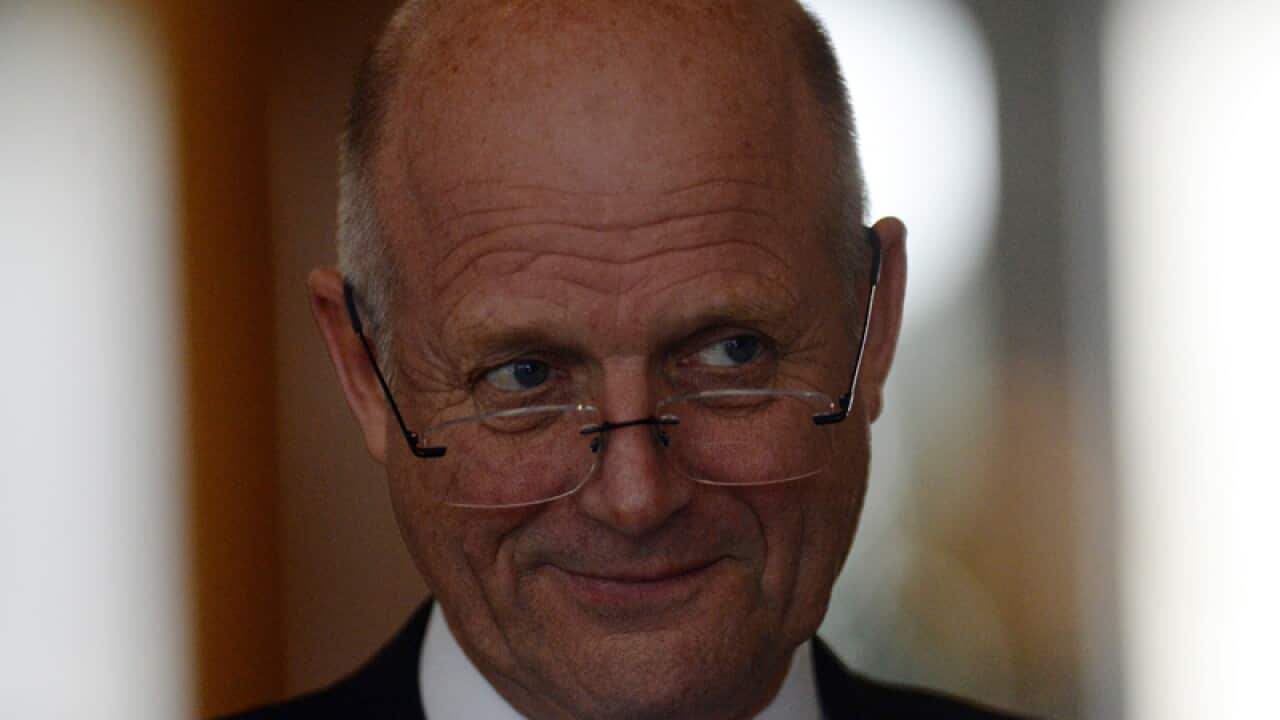The Turnbull government could face "war" in the Senate if it goes ahead with voting reform, crossbenchers warn.
If the government can't get support from Labor or the Greens, it will need six out of eight crossbench votes to pass legislation through the Senate.
There are about $75 billion worth of proposed budget savings measures yet to pass parliament.
Special Minister of State Mal Brough, who took on responsibility for electoral reform in Monday's reshuffle, says one of his priorities will be to look at changing the way in which senators are elected.
In 2014, a bipartisan committee recommended voters be allowed to mark preferences above the line on Senate ballot papers or not to have to number all the boxes below the line.
This would stop micro-parties gaming the system through sophisticated preference-swap deals, which led to some crossbench senators being elected with less than one per cent of the primary vote.
"If this proceeds to legislation as implemented, it'll be war," Liberal Democrats senator David Leyonhjelm told ABC television on Tuesday.
Prime Minister Malcolm Turnbull and his new team wanted to be "friends" with the crossbench, but voting reform was the best way to pick a fight.
Senator Leyonhjelm said he had understood the government was no longer interested in, and had no time to implement, voting reform prior to the next election.
Retaliatory action could include voting against government bills and being uncooperative on procedural matters.
Independent senator Nick Xenophon will offer Mr Brough his cooperation in changing the system.
Group voting tickets should be abolished and replaced with a minimum three or six preferences allocated above the line or a minimum of 12 preferences cast below the line on the Senate ballot paper.
"That gets rid of the backroom deals," he said.
Palmer United Party founder Clive Palmer, who has one senator, said rigging the system would "destroy real democracy".
Australian Motoring Enthusiasts Party senator Ricky Muir, who was elected on 0.15 per cent of the vote in Victoria, said 24 per cent of voters opted for a party other than the majors in 2013.
"(It's) nothing more than a power grab to protect the major parties," he said.
Without the work of the crossbench, Australians would have been landed with a six-month wait for Newstart, a GP co-payment, cuts to family tax benefits and higher university fees.

